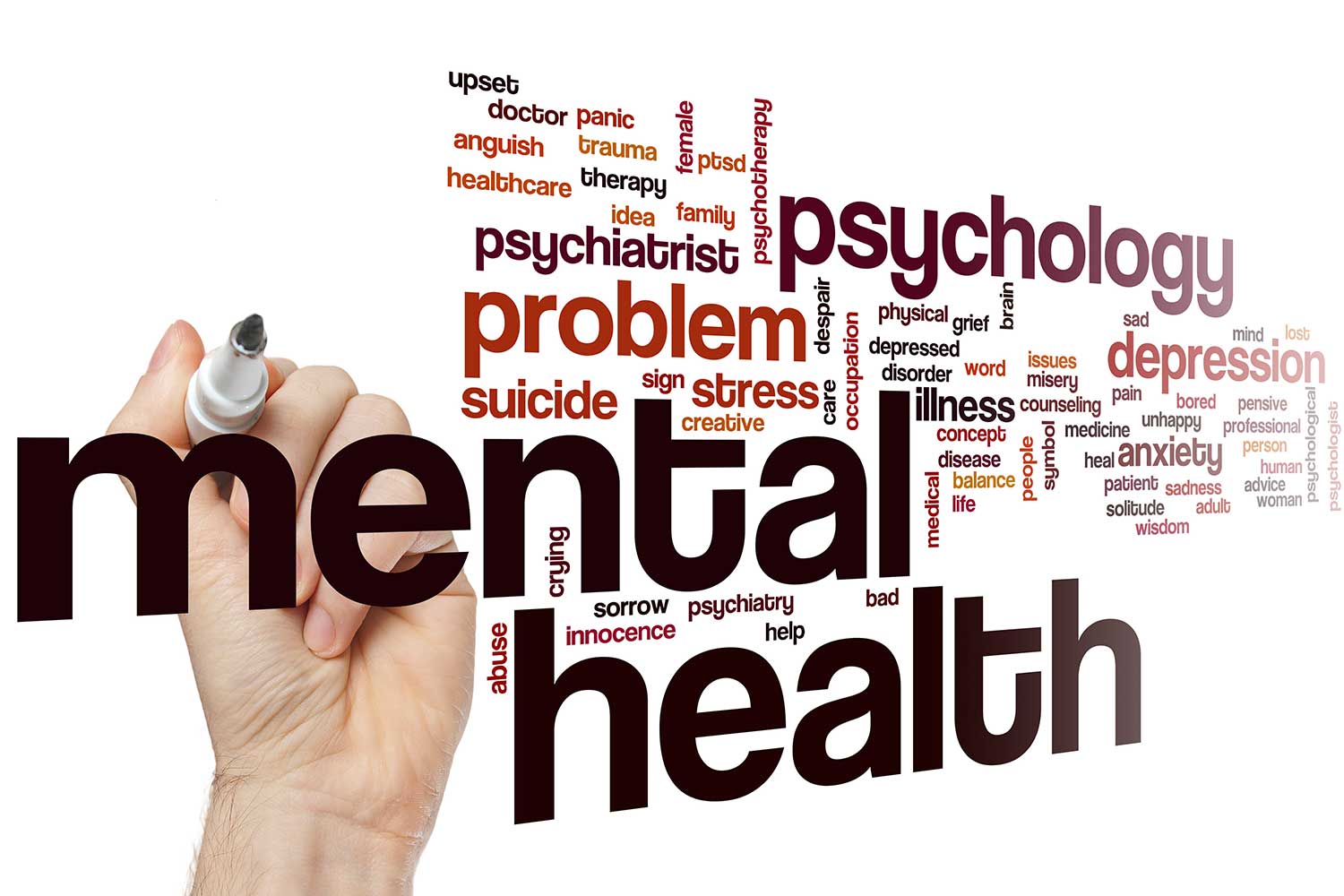The Americans with Disabilities Act (ADA), and many state laws, afford protections for employees with disabilities to promote equal employment opportunities, both in the application process and during employment.
These protections include prohibiting discrimination and retaliation on the basis of disability, and require that employers provide reasonable accommodations to enable individuals with disabilities to perform essential job functions, providing equal benefits and privileges of employment.
Conversations around accommodations typically focus on physical, apparent disabilities, but over time, the need to address mental health has expanded this focus.
Over the past 15 years, the disability discrimination filings with the Equal Employment Opportunity Commission (EEOC) involving mental health conditions have increased significantly.
For example, in 2002 there were no complaints logged for post-traumatic stress disorder, but by the end of 2017, 1,177 complaints had been filed.
Disability discrimination complaints involving anxiety increased from 649 in 2002, up to 2,196 in the last year alone.
It is no wonder why so much attention is being placed on accommodating mental health in the workplace and in protecting applicants and employees from discrimination or retaliation as a result of mental health issues.
Mental health conditions under the law are treated no differently than physical health conditions.
Employers therefore are required to engage in the interactive process to accommodate individuals with mental health disabilities just as they would expect to for someone with a physical disability.
So, while oftentimes a disability is thought of as something that manifests through physical limitations and is easily identifiable, employers must also consider the unseen conditions that affect mental health in the workplace.
Some examples of mental health issues that employers may need to accommodate include anxiety disorders, panic disorders, bipolar disorder, depression, post-traumatic stress disorder (PTSD), schizophrenia and adjustment disorders.
Mental health issues that do not require accommodations include those that manifest as illegal conduct (e.g. illegal drug use, certain sexual disorders and kleptomania).
Because mental illness affects everyone differently, even two individuals suffering from the same diagnosis, it is critical to engage with employees on an individualized basis.
There is no one-size-fits-all approach, but rather, it is important to understand specific limitations.
Accommodating a mental health condition will require creativity, in addition to regular monitoring to ensure the chosen accommodation is effective.
Common accommodations for mental health disabilities may include altering break schedules or schedules to accommodate therapy appointments, moving an employee to a quiet area, allowing headphones in the office, and/or modifying supervisory approaches (e.g., providing written feedback rather than verbal conversations).
Employers are not required to lower production standards, reduce performance expectations, excuse conduct violations (job related and consistent with business necessity), remove essential functions, monitor medication, or employ an accommodation that would result in undue hardship to the organization.
Employers need not accommodate the inability to get along with others, violent outbursts or behavioral problems.
Additionally, safety is of paramount concern and employers need not accommodate where there is a significant risk of substantial harm to the employee or others, and where the risk cannot be reduced or eliminated through reasonable accommodations.
When dealing with a mental health disability, employers may obtain reasonable documentation of the disability and need for accommodation, but may not request a diagnosis or more information than is necessary to determine there is a disability and need for accommodation.
Employers providing mental health services to clients are cautioned against acting as mental health professionals for their employees.
Overall, employers should follow the same process for accommodating mental health disabilities as they do for physical disabilities. Additional resources are available through the EEOC at www.eeoc.gov.





